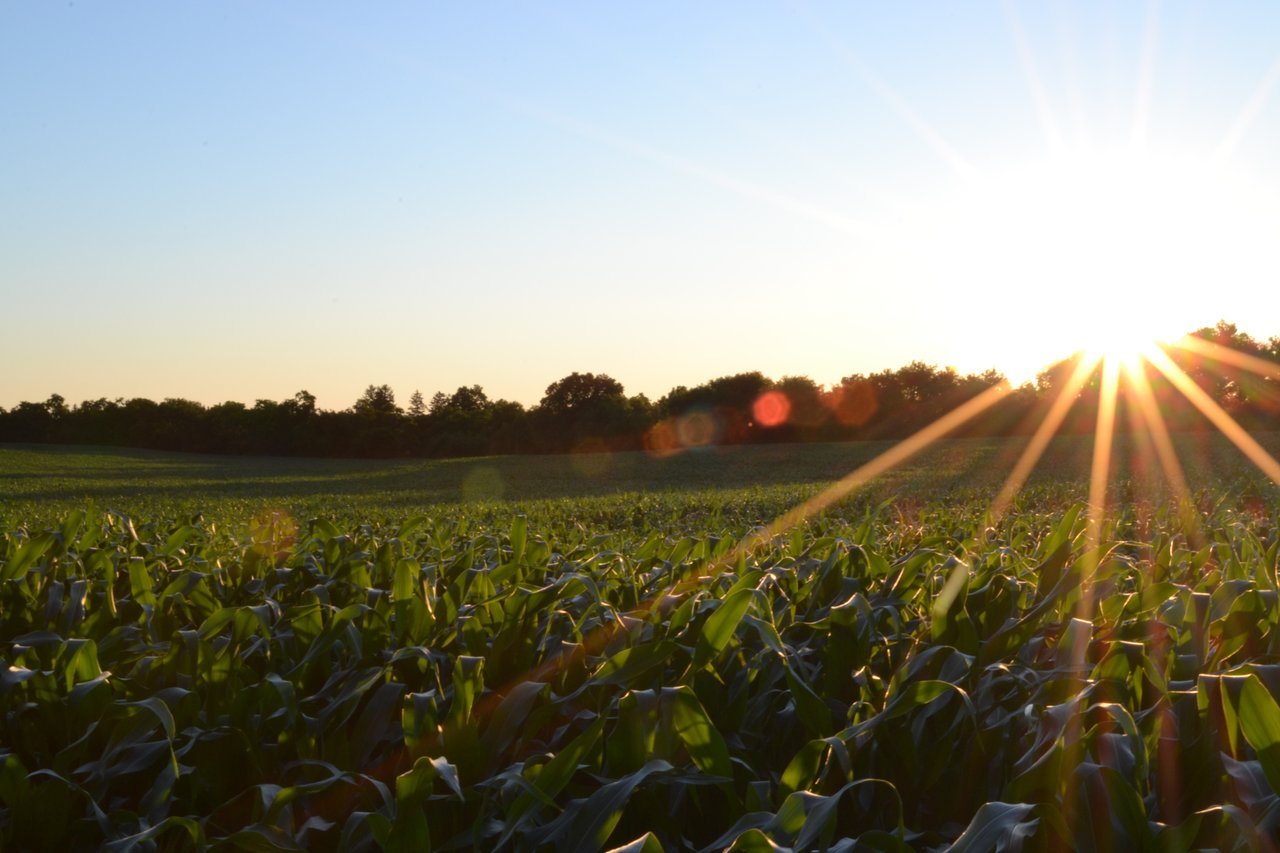
How Your Favourite Foods Impact the Environment
posted on
When lunchtime rolls around and you’re starving, it can be tempting to call in for fast food. But besides having an unhealthy effect on your body, a lot of takeout options can create problems for the environment too. Before you hop online or pick up the phone, check out these ecological facts about your favourite foods.
Chinese Takeout

Did you know that every year, people around the world throw out 80 billion sets of disposable chopsticks? That’s a lot of wood (read: deforestation) to help people get a single serving of chicken chow mein from their plates to their mouths.
The packaging isn’t helping, either. The polystyrene clamshell containers and cute little boxes with handles often end up in landfills. These aren’t just limited to Chinese takeout—they often get used for sushi, too.
What Can You Do?
- Bring your own chopsticks
- Dine in to avoid using takeout containers, or bring your own
- Support businesses that use recyclable or biodegradable packaging
Pizza

One of the amazing things about pizza is that there are so many elements to it. You’ve got your crust, cheese, sauce, meats, veggies … but they all have to come from somewhere. By importing so many different ingredients for a single dish, your pizza is racking up a lot of air miles, and that’s not great for the environment.
That doesn’t stop when it leaves the oven. The finished pizza has to get to you, too. When the delivery driver races over to bring you your dinner, their car is releasing greenhouse gases on the way. And when you’re done eating, what happens to the box? Sure, it’s made of cardboard, but once you’ve got some gooey cheese stuck to the lid, that ain’t recyclable.
What Can You Do?
- Support pizza places that use local ingredients whenever possible
- Bike or walk over to your local pizza joint instead of calling for delivery—or choose eco-conscious delivery services that use hybrid vehicles.
- Call your municipal government to find out how to dispose of pizza boxes in your area—in Vancouver, you can put them in your green bin for food waste
Burgers
Meat is very, very tasty. But it’s also the cause of a ton of environmental issues. Raising animals for food is estimated to cause 51% of the world’s greenhouse gases, and it’s the leading cause of rainforest destruction, species extinction, ocean dead zones, and water pollution.
What Can You Do?
- Support restaurants that buy local meats
- Eat less meat, if you can—get your office to do Meatless Mondays
- Try alternatives like veggie burgers
French Fries

Potatoes are susceptible to rot and other diseases, so farmers usually use a lot of pesticides and chemicals to keep those problems at bay. But they can do more harm than good, especially when they drift into neighbouring farms, communities, and water sources. As a result, they cause health problems for people, livestock, and insect pollinators.
What Can You Do?
- Don’t buy fries from large fast food chains—opt for independent shops that purchase organic local potatoes
- Swap your side of fries for salad—it’s healthier, anyway
When in doubt, partner with a service that supports healthy and sustainable local businesses to make sure everyone’s doing what they can to reduce their carbon foodprint.
Filed Under: Foodee HQ